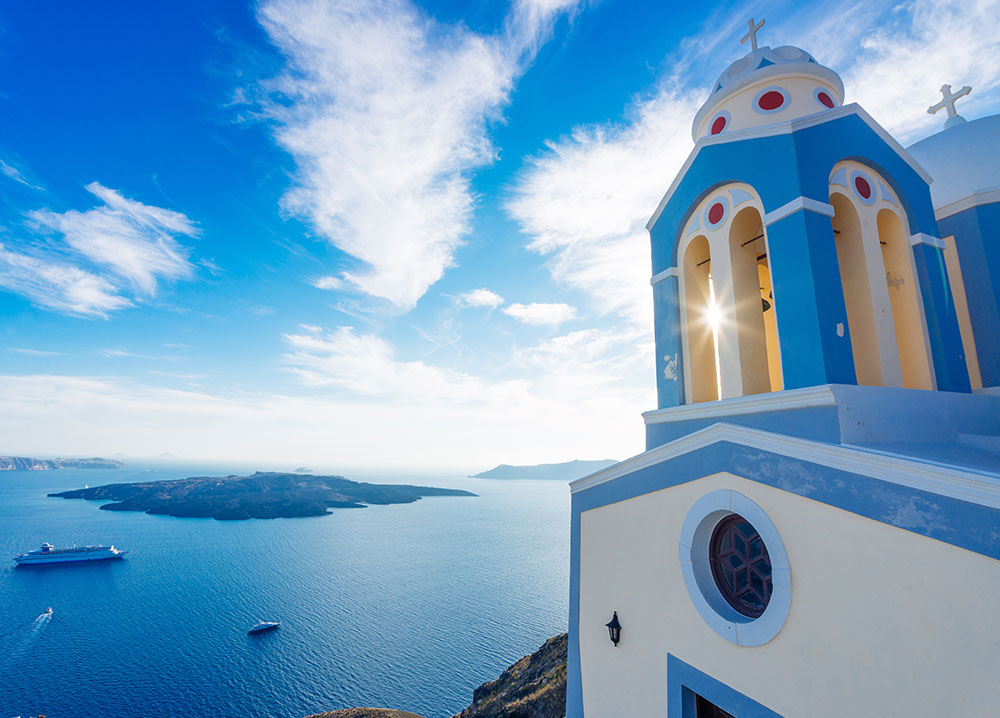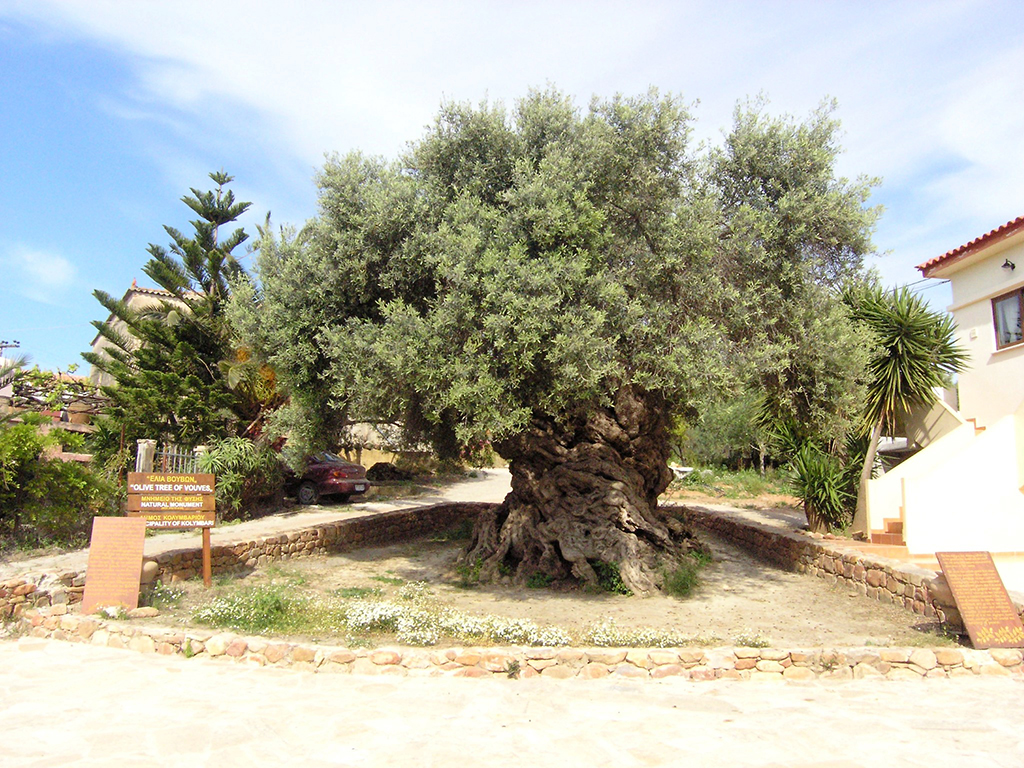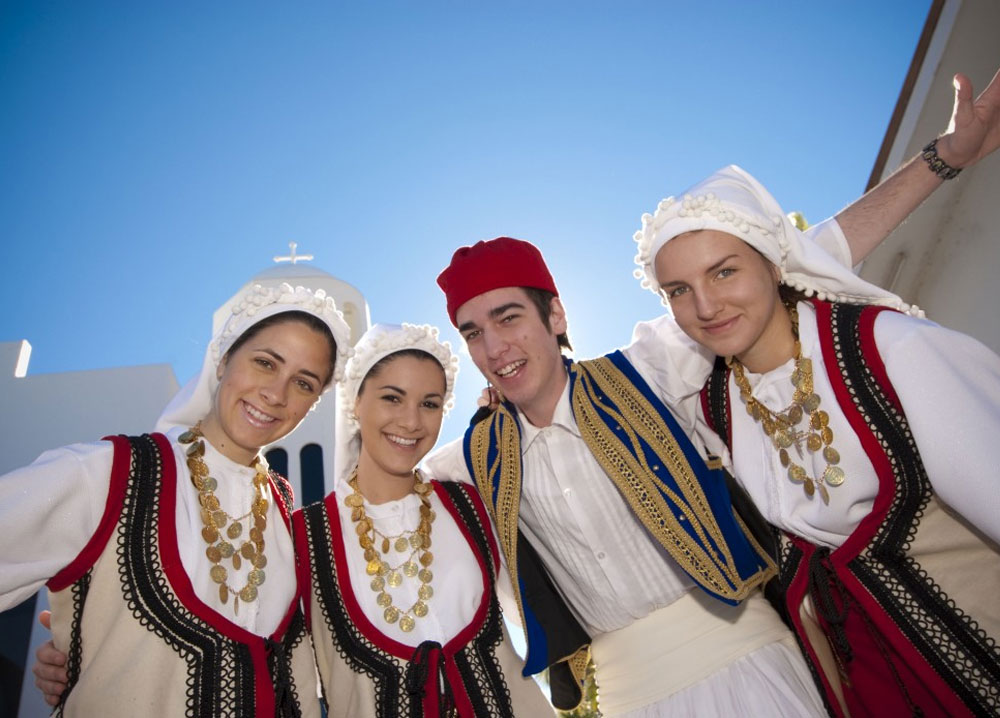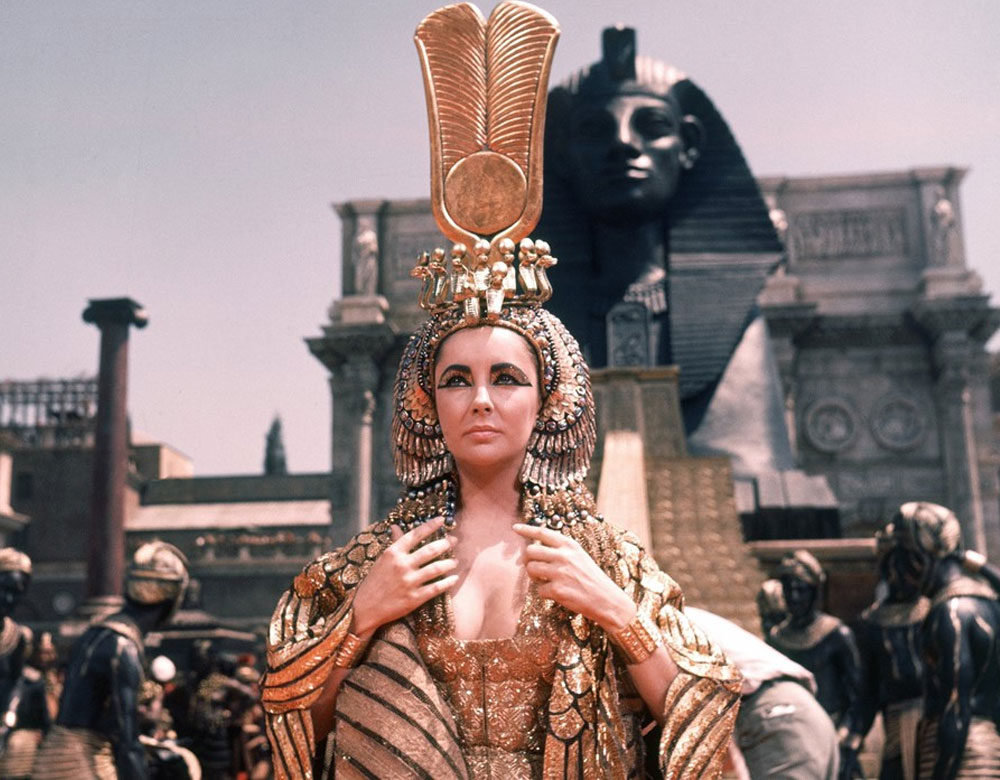9 Surprising Facts About Greece

Whether you are a seasoned traveler, or a first-time visitor, Greece will bewitch you. Under the wide open blue skies, and surrounded by an endless Aegean coastline, each day melts into the next. It is because of this incredible ambience that Greece is one of the most popular tourist destinations in the world, and one of the most well-known.
Though you may think you know all there is to know about Greece – from the ancient Acropolis to the party island of Mykonos, from the oracle of Delphi to the world heritage site of Corfu – there are, in fact, many surprising, untold facts about Greece.
Here are nine of our favourites.

Spitting to Bring Good Fortune
Traditional, quirky and bizarre Greek superstitions are legendary, but did you know that many Greeks continue to believe in their power? It’s true that the younger generations don’t adhere to them as strongly (or really at all), but there are some that still hold sway, and one of these is spitting to bring good fortune.
Spitting or, more accurately, the spitting sound (think, ftouftou, ftou) made three times is still sometimes done by the Greeks. The most common use is when a baby is born, and the older generations will make the spitting sound to protect the baby from any harm.
Generally, this is done in a light, frivolous manner, but it can be taken quite seriously – in the Greek Orthodox church, during a baby’s baptism, both the priest and the godparents of the child will spit to ward off the devil.
Spitting is also used to protect against the curse of the evil eye, which is believed to be caused by a compliment or jealousy and envy. So if you’re in Greece and a Greek YaiYai (grandmother) spits at you, take it as a compliment! It means you are worthy of jealousy.

Brown Bears
If you want to catch a glimpse of these surprising creatures, there are superb walking trails throughout the national parks where the bears live. As well as the bears, you might see red deer and wolves amongst the black pine and beech forests. Trekking is the best way to catch a glimpse of the bears in their natural environment, but it might be best to take an experienced ranger along with you.

Ancient Olive Trees
You probably already associate olive oil with the Greeks, but it might surprise you to know that Greece is home to the oldest olive tree in existence – a 5,000-year-old tree located in PanoVouves, Kolymvari, Chania.
In fact, olive trees were first cultivated in Greece, particularly in Crete, as early as the thirteenth-century and they were so important to the ancient Greek economy that it was a criminal act to damage one. With this type of protection and adoration, it should be no surprise that so many of the ancient trees still thrive.
Today there are over 120 million olive trees in Greece. Tellingly, Greece is the third largest producer of olive oil in the world and has the highest per capita national consumption of olive oil. There’s no doubt the Greeks love their olive trees.

Tuesday the 13th
Much of the western world believes that Friday the 13th is an unlucky day, but not so in Greece. They believe that Tuesday the 13th is the day of sheer bad luck. This is not just due to unlucky number 13, but also because Tuesday is the unluckiest day of the week.
The Greeks adore the perfection of the number 12 – there are 12 gods of Olympus, 12 months in a year, 12 hours in a day and a night, 12 labours of Hercules and 12 zodiac signs. It’s not surprisingly then that superstitious Greeks abhor 13 as the unlucky number that follows that perfection. They also dislike Tuesday because it is the third day and bad luck comes in threes. Tuesday is also dominated by Mars, the belligerent and capricious god of war and thus a day not to be trusted.

Unknown Number of Islands
Regardless of whether there are 1,200 or 6,000, there is a vast array of choice for the traveller to Greece – whether you are looking for clean, white beaches, sheltered bays and coves, excellent winds for sailing, pebble beaches, coastal caves, volcanic soil or coastal wetlands, Greece can offer it all!

Smashing Plates is Banned
People of Greek heritage have a reputation for throwing plates around. It might seem absurd to waste perfectly good crockery, but plate smashing is actually atime-honoured tradition and a way to demonstrate kefi, or good spirits and enthusiasm. Some believe that the breaking of plates can ward of evil spirits and bring good luck. Others just do it show their appreciation for the performance they just watched. Of course shards of flying crockery can be incredibly dangerous so unfortunately it was outlawed in the taverns of Greece in 1969. You can still indulge in the tradition, however, either by throwing flowers instead, or by smashing the crockery in your own home.

Greeks are Hellas
Did you know that the Greeks don’t call themselves Greeks? Instead, they know their country’s name as Hellada, or the Hellenic Republic (HelinikiDimokratia), and they are officially known as Hellenes. In fact, it was the ancient Romans who first began to call the island Greece (or Graecia) and this has been adopted by the English speaking countries of the world.

Santa Clause is Greek
Santa Clause is a well-known figure to children all over the world, but what’s less well-known is that he was originally Greek! Historians believe that the modern Santa Clause grew out of traditions surrounding the historical Saint Nicholas, who was a fourth-century Greek bishop who is said to have distributed wealth and gifts to the poor. Over time Saint Nicholas absorbed elements of other religions and cultures (and, of course, commercialisation), eventually culminating in the fat, jolly man dressed in a red suit that we have in our modern culture. So, thank you Greece, for Santa Clause!

Cleopatra is Greek
There may be no other name so closely associated with ancient Egypt than Cleopatra. But Cleopatra was not actually Egyptian at all. While she was born in Egypt, her family originated from Macedonian Greece and from Ptolemy 1 Soter, one of Alexander the Great’s important generals. Ptolemy took over the ruling of Egypt after Alexander’s death in 323 B.C. and launched a dynasty of Greek-speaking rulers that lasted for nearly three centuries and included the lovely Cleopatra. So, while history claims Cleopatra for Egypt, she, like Santa Clause, was actually Greek!
If you’d like more travel information, please don’t hesitate to contact our team on 1800 242 353.
